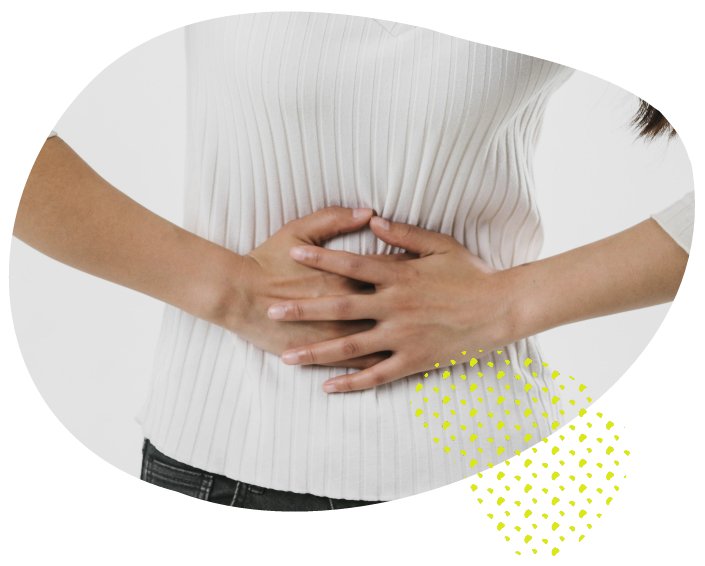Crohn’s & Colitis

What causes Crohn’s and Colitis?
It is not known what causes IBD, but it is believed to be a result of a combination of genetic, environmental and immunological factors. Exposure to environmental triggers such as viruses and bacteria may stimulate the immune system to go against its normal defense mechanism, in this case inflammation against a foreign substance. Prolonged inflammation eventually damages the walls of the gastrointestinal tract and causes the symptoms of IBD.
Symptoms of IBD include:
- Abdominal cramps and pain
- Frequent, watery diarrhoea (blood present)
- Severe urgency to have a bowel movement
- Fever during active stages of disease
- Loss of appetite and weight loss
- Tiredness and fatigue
- Anaemia (due to blood loss)
How can Bites Dietitians help?


How can Bites Exercise Physiologists help?
What improvements can you expect from a tailored dietary/exercise prescription?
By following a tailored dietary and exercise prescription your energy levels should increase and your symptoms should reduce. It’s important to be consistent with your plan for a good 2 months before expecting to see improvements as inflammation takes time to heal. In saying that, some people do report noticing improvements within 2 – 3 weeks! It usually takes a good 3 months to improve micronutrient stores such as iron stores/anaemia associated with chronic IBD. Following your exercise prescription and establishing your limits will allow you to maintain your fitness and strength levels even during periods of flare-ups. In summary:
- Increased fitness levels
- Improvements in nutrient levels such as Iron, vitamin D, B12 etc
- Increased energy levels
- Understanding your dietary triggers or potential GI irritants
- Stabilised weight / No weight loss in times of flare-ups

Helpful things to bring/remember before your first appointment
- Referral from your GP or Specialist if you have one (optional)
- Pathology reports / scans / recent blood tests
- Breath testing / allergy or intolerance testing results
- List of current medications and dosages
Want To Know More About Other Conditions We Treat?
